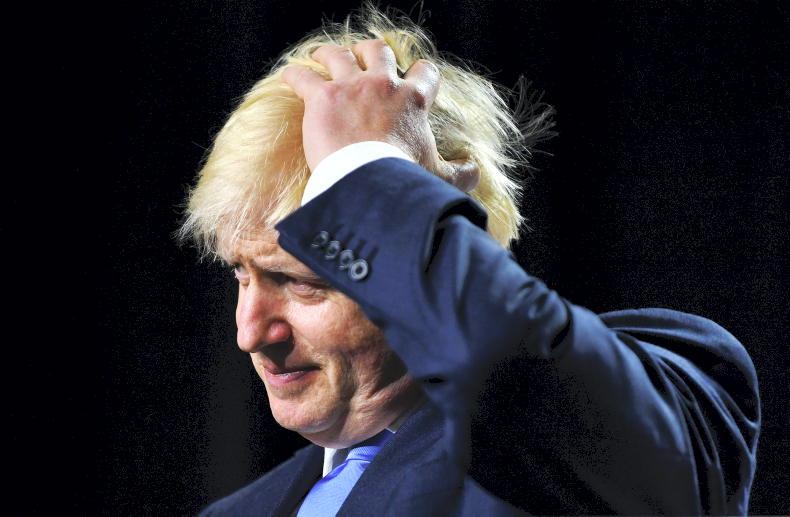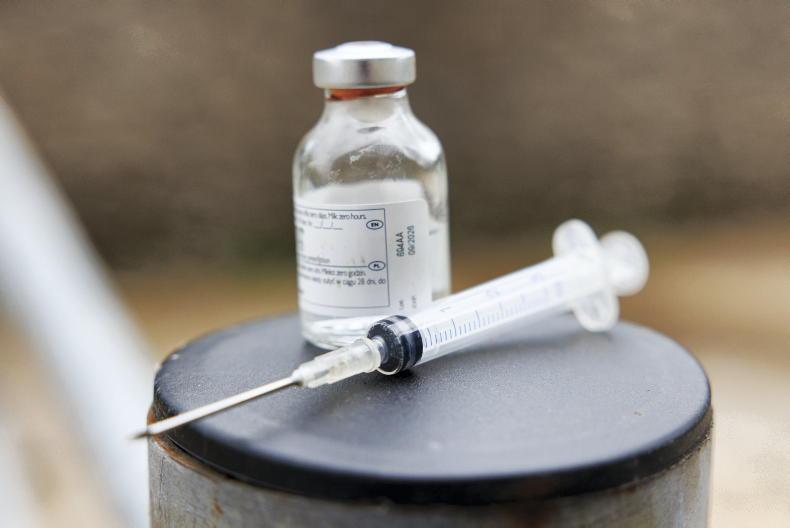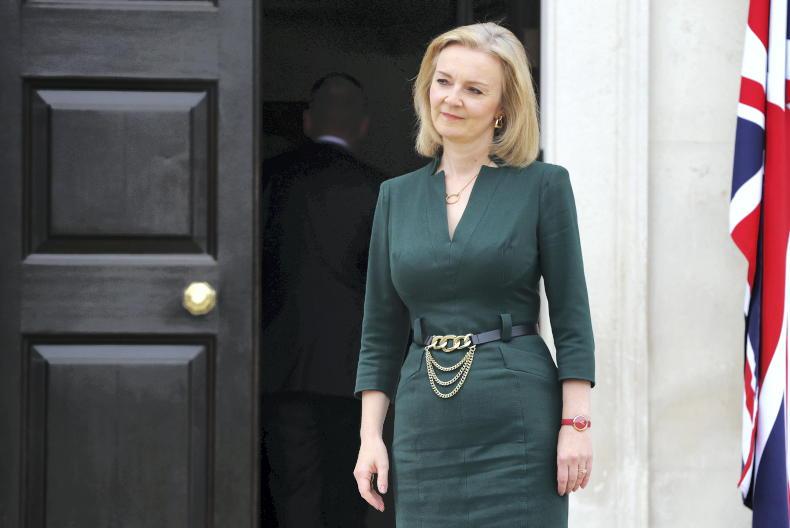The political turmoil in Westminster this week has meant what would normally be important news has been largely overlooked.
A particular example of this is the release of a report by parliament’s international trade committee, which noted that tariff reductions on processed food and wine would have negligible impact on consumers, while agri food imports would not have to comply with UK standards.
The committee called for a full impact assessment of the deal and highlighted the failure of the government to accept the recommendations from Henry Dimbleby and the trade advisory committee.
An earlier government impact assessment prior to the deal with Australia suggested the economic benefit would be less than 0.1%.
The reality is that the UK deals with Australia and New Zealand, both negotiated in haste for political reasons, could only have happened in the time frame because the UK was willing to concede what was being asked for.
During this time, the relationship with the EU, the UK’s biggest trading partner, was allowed to fester over issues with the Northern Ireland protocol.
Opportunity for reset
A new prime minister and cabinet in Westminster creates the opportunity for a badly needed reset of relations between the UK and EU.
The Northern Ireland protocol can never be framed in a way that gives either the UK or EU the perfect solution of managing the trading border between the UK and EU.
What could achieve both objectives at the same time is the UK finding a way to become a member or at least an associate of the single market.
This was a widely touted option in the campaign leading up the referendum and if late in the day, as it now is, the UK decided to go down this route, at a stroke all the protocol problems are solved to everyone’s satisfaction.
Participate in single market
Participation in the single market is the “fudge” that Norway adopted when its electorate rejected membership of the EU.
That means that goods can flow in and out of Norway without veterinary certification and a similar arrangement for the whole UK would eliminate the need for these on trade between Britain and Northern Ireland.
While Norway is part of the single market, it is outside the customs union, as is the UK at present.
However, as the Trade and Co-operation Agreement (TCA) between the EU and UK provides for, there is no limit on goods traded between the UK and EU and there are no tariffs either.
That doesn’t mean no customs controls, because they are required to deal with country-of-origin issues for goods in transit, but they have minimal intrusion compared with the need for veterinary certification on every single transaction no matter how big or small.
In an increasingly polarised world, a trade spat between the democracies of western Europe doesn’t sit well.
There is no bother having a common policy on defence and supporting Ukraine - it is logical that the same applies to trade.









SHARING OPTIONS